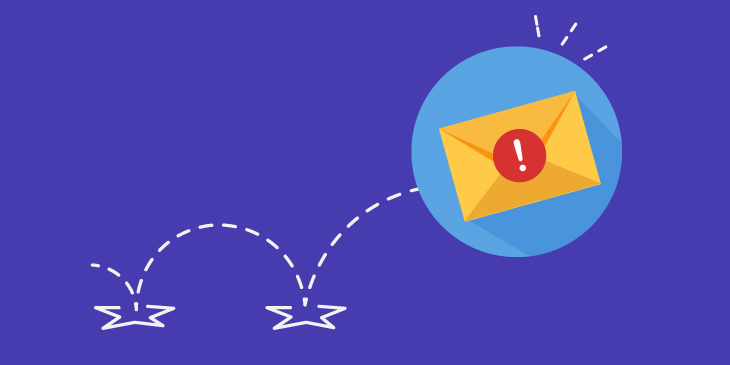As the internet continues to welcome new and existing businesses launching their online presence, plenty of innovative tools made their debut to make searching for information more straightforward.
In the era of internet dominance, people use search engines to get the desired information online. However, with so much information available at our fingertips, additional tools had to come into play to narrow down the results.
To do that, search engine crawlers index websites and collect crucial information to improve their search results. If you aren’t familiar with this topic, reading about search engines and learning about web crawlers can come in handy.
What is a web crawler exactly, and how can it index your website? Read on to find out.
What do search engines actually do?
We all know search engines show us relevant results from the internet depending on our keywords. They collect and rank by relevance all online content.
What do search engines do to achieve this? Let’s find out.
Essentially, search engines have three fundamental functions on which they base all their work. Those functions include crawling, indexing, and ranking.
- Crawling: Crawling is the first step of the process. The search engine uses a virtual tool to scour the internet for content. That’s your answer to the “what is a web crawler” question – a software tool for collecting website data for indexing purposes. Web crawlers are also known as spider bots since they’re specially designed programs for discovering and gathering new information online. Visit Oxylabs for some more research on web crawling.
- Indexing: Once the crawling completes, the crawler organizes and stores the content. It indexes the pages, meaning search engines will display them for specific queries.
- Ranking: Not all online information is equally relevant, so search engines rank the collected content from most relevant to least relevant.
How Google indexes websites
Considering that search engines use the three primary functions mentioned above to show the most relevant results to their users, it’s essential to focus on how Google does this, by far the most popular search engine today.
Namely, Google first sends out its web crawler, Googlebot, to search for new pages and record their content.
The crawler starts from a list of specified URLs. Once Googlebot finishes crawling those sites, it moves to other pages by following hyperlinks.
Once the crawling process is complete, and the bot has collected all the relevant information, it’s time to index the newly-found results. This step is where Google decides whether it’ll use the crawled content or not.
If the website proves trustworthy, valuable, and reliable, Google adds it to its massive search index. Most websites that offer unique content get their spot in the index.
Once Google indexes a website, it places it in its database, ready for seamless retrieval, and ranks it by relevance to specific keywords.
However, Google doesn’t index all websites. The most common reasons include:
- Crawling blocks
- Lack of responsiveness
- No inbound links
- Not unique content
- Spammy content
What can sites do to get noticed?
Google’s algorithm is strict, so webmasters need to follow specific steps to ensure the algorithm notices their websites, bringing success to a company. Those steps include search engine optimization (SEO), crucial for determining a website’s ranking and visibility.
SEO is a complex process of improving and enhancing the website’s credibility and visibility by bringing more organic traffic. As such, it focuses on improving a website’s position in search results through unpaid traffic rather than paid traffic.
The essential activities of SEO include:
- Targeting web pages for relevant keywords
- Inserting high-quality and reputable links
- Uploading relevant, unique, and valuable content
- Optimizing the website’s technical configuration
- Structuring web pages for Google search
- Working with influencers on promotion
Why are rankings so important?
SEO is a complex activity that requires plenty of time, effort, and resources. So, is it crucial to pay so much attention to those activities that’ll rank a website better?
In simple terms, yes.
Every internet user uses specific keywords and phrases to find relevant results. Their chosen search engine ranks the results by relevance and shares the list based on the query.
If your website isn’t in the search index, it won’t appear in search results. That immediately leads to poor traffic and low conversions that quickly lead to business failure.
By continually working on your SERP score, you can enjoy plenty of benefits, such as:
- Increased exposure
- Higher traffic
- Enhanced authenticity
- Better business opportunities
- Reduced costs
Conclusion
Now that you’re familiar with web crawlers and how search engines use them, you’ll be able to create a powerful website that’ll rank well. By paying attention to all the elements that make up this complex process, you’ll quickly understand the fundamentals behind website indexing and ranking.
That will allow you to create a stable, unique, powerful, and valuable website Google won’t resist but index and rank well.



